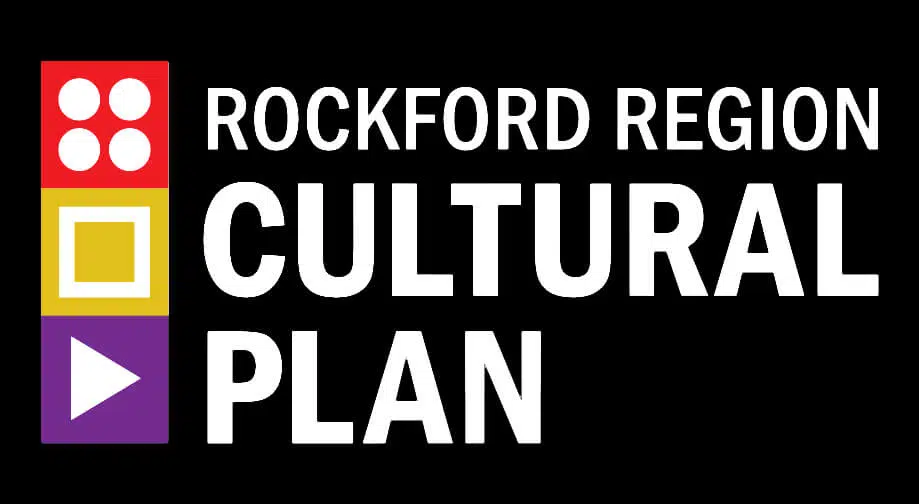It is important to understand the longstanding history that has brought us to where we are standing today and to seek an understanding of our place in that history. Indigenous Land Acknowledgment Statements are not about the past, or providing historical context; these important statements are an acknowledgment that colonialism is a current, ongoing, process, and the Arts Council is compelled to create mindfulness of our participation in it.
It is important to understand the longstanding history that has brought us to where we are standing today and to seek an understanding of our place in that history. Indigenous Land Acknowledgment Statements are not about the past, or providing historical context; these important statements are an acknowledgment that colonialism is a current, ongoing, process, and the Arts Council is compelled to create mindfulness of our participation in it.
"When we talk about land, the land is part of who we are. It’s a mixture of our blood, our past, our current, and our future. We carry our ancestors in us, and they’re around us. As you all do."
Mary Lyons
Leech Lake Band of Ojibwe
The Rockford Area Arts Council acknowledges the traditional homelands of many indigenous nations with historical ties to the Rockford Region including:
- Hoocąk (Ho-Chunk, formerly Winnebago)
- Kiikaapoi (Kickapoo)
- Bodéwadmik (Potawatomi), Odawa, and Ojibwe (Three Fires)
- Asâkîwaki (Sauk) and Fox
- Kiash Matchitiwuk (Menominee)
- Meshkwahkîha (Meskwaki) (meh-skw-AH-key)
- Myaamiaki (Miami)
- Peoria
- Očeti Šakówiŋ (Sioux)

